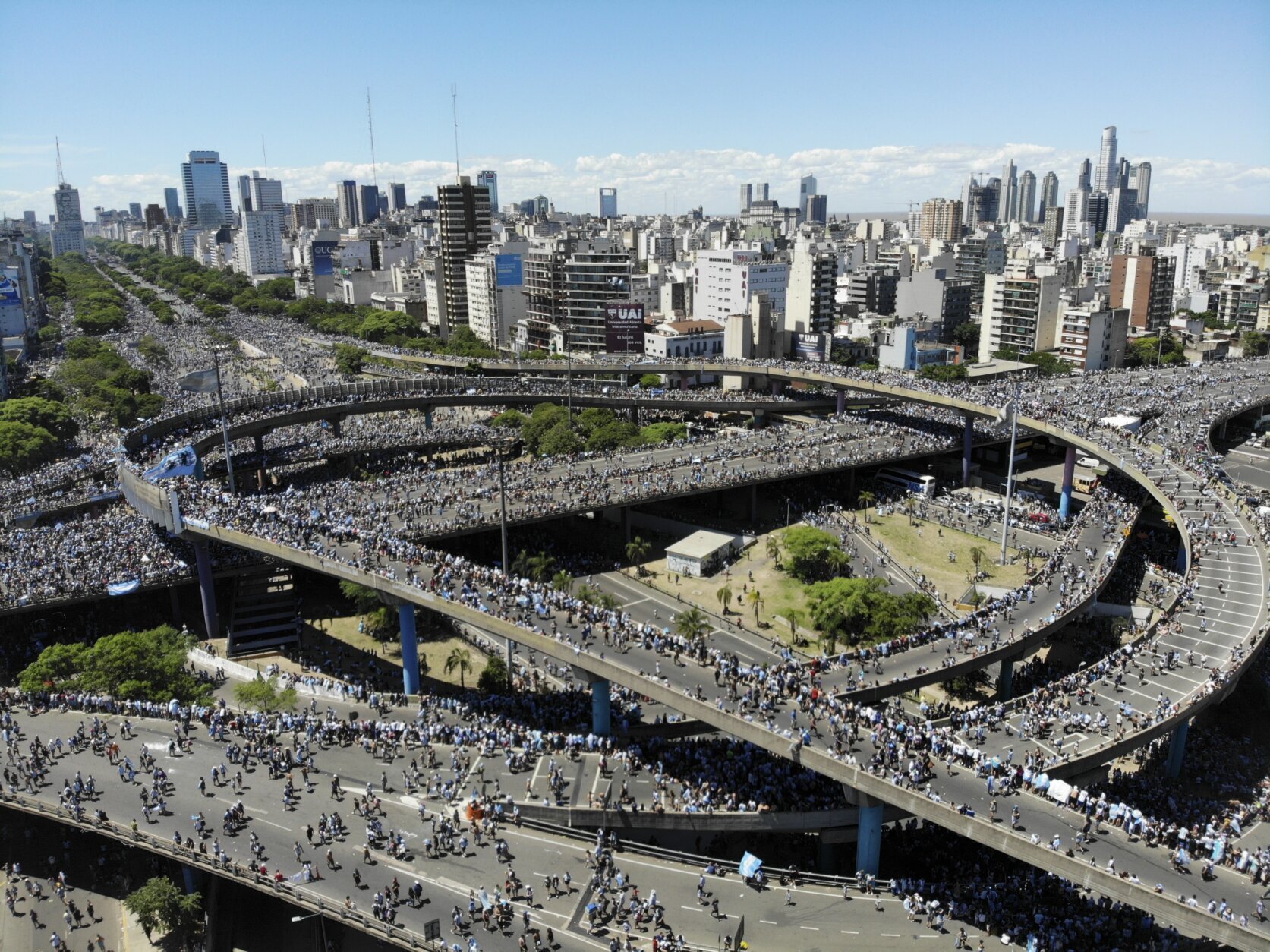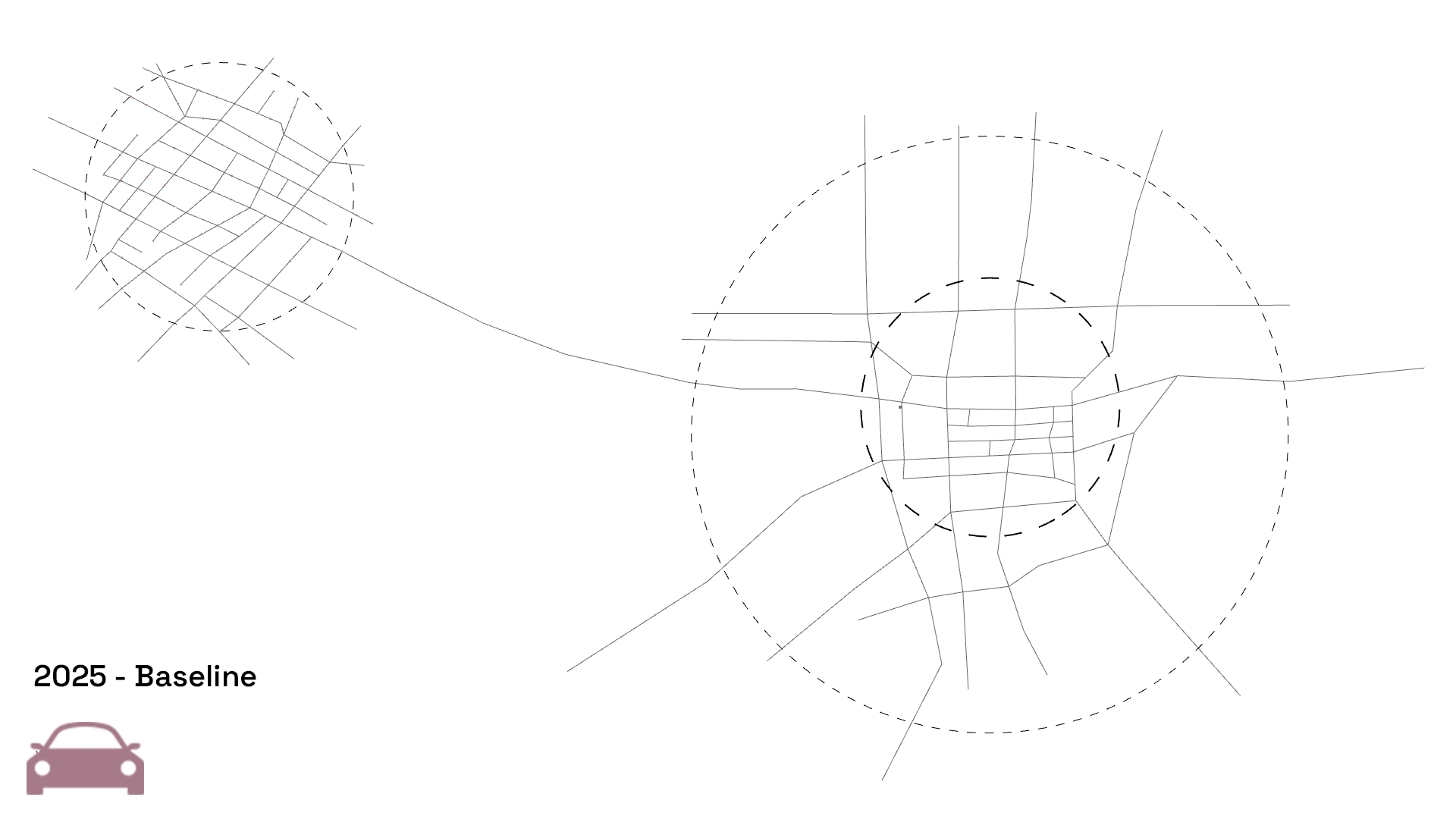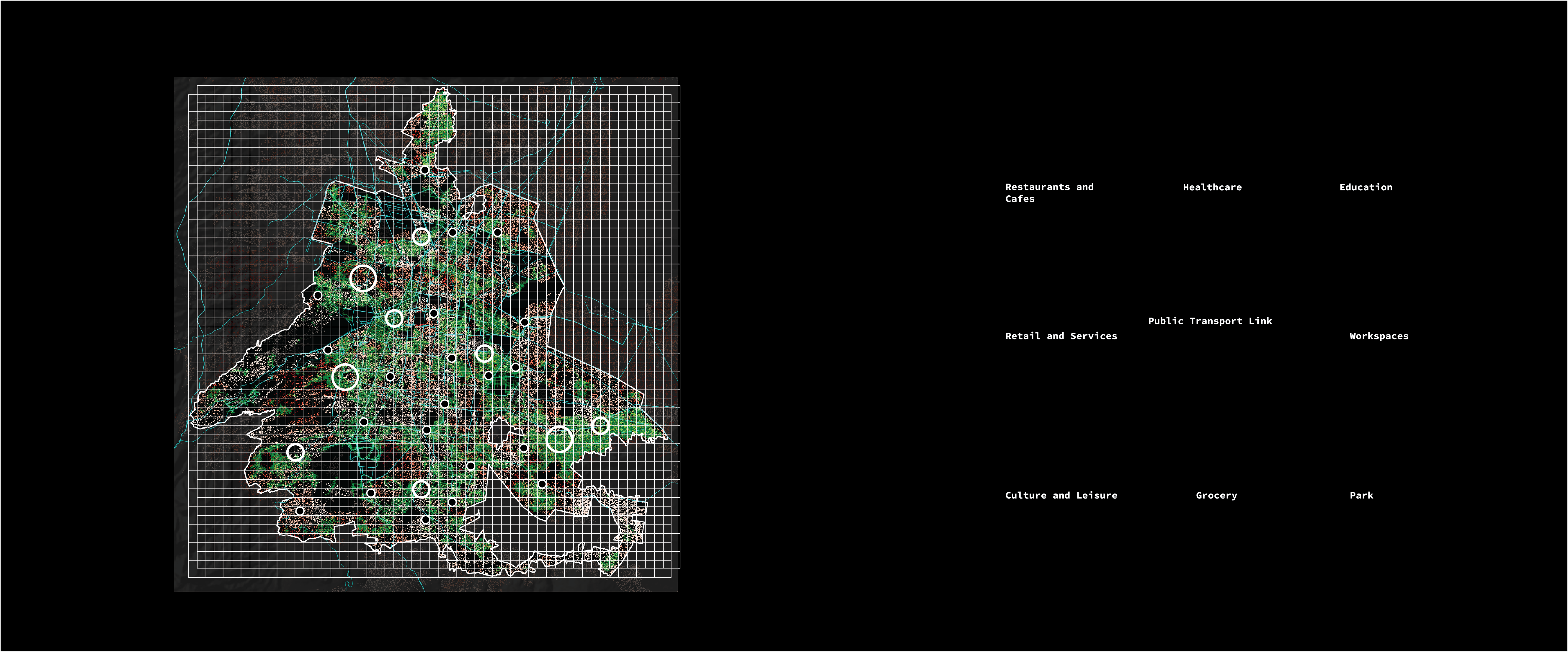Envisioning Autonomous Logistics Systems : Eixample
Introducing a methodology for Autonomous Intervention at the neighborhood level Identifying a problem; In the Eixample district of Barcelona, the daily scene often includes numerous small vans and trucks loading and unloading goods on the streets. This common activity significantly impacts the city by contributing to increased traffic congestion and higher levels of pollution. The … Read more






